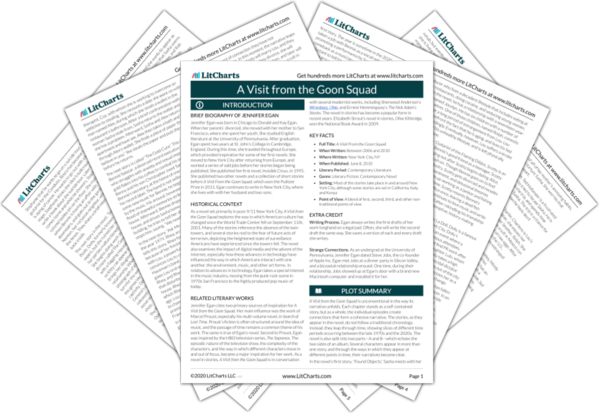Again, a moment that appears like connection actually reflects Rolph’s alienation. Rolph’s suicide shows the true outcome of his relationship with his father and the devastation of his parent’s marriage, and makes us rethink the entire story in light of this new information. Charlie, however, experiences redemption later in life. Rolph comes to the intriguing realization that the elderly birdwatchers are actually observing their family, adding a disturbing twist to the story’s end. Mildred and Fiona’s age seems to give them perspective the other characters lack, but Rolph, having realized his father’s true nature, now shares some of their understanding.


